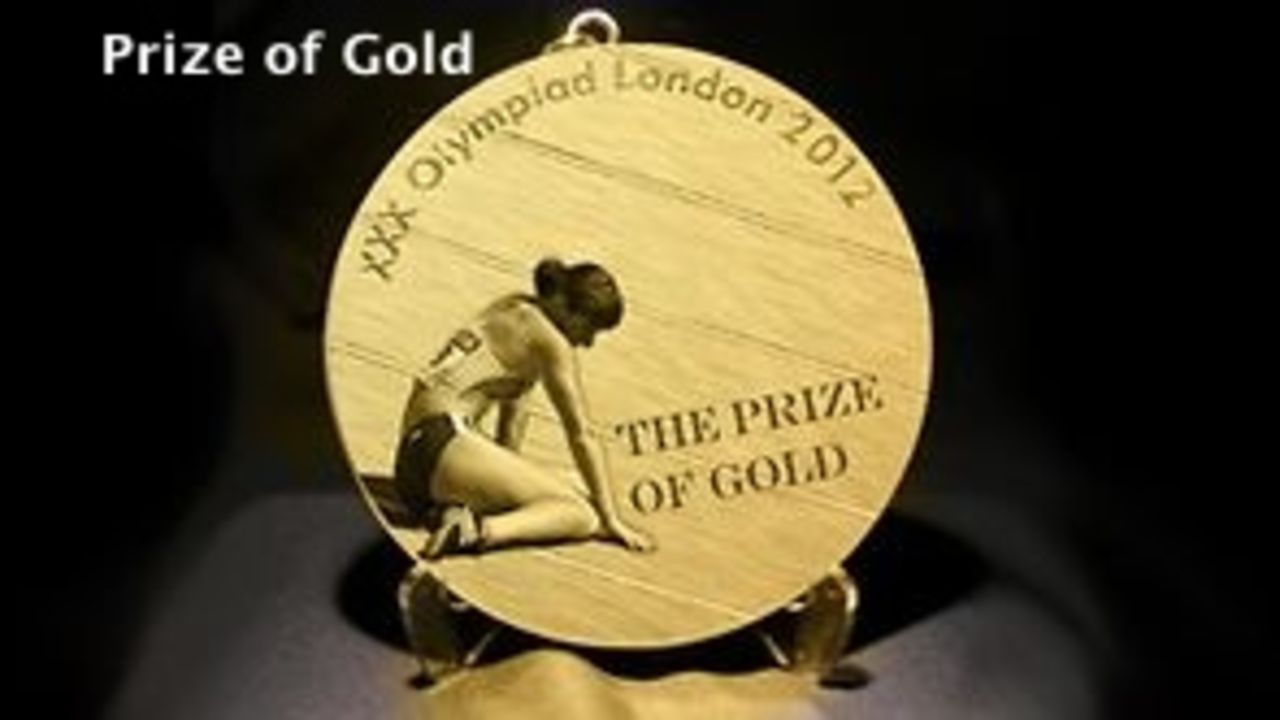In these last days we read about the concrete hypothesis that doping was implemented in Russia in recent years and this brings to mind what happened in the 70s in German Democratic Republic which I quoted in my book “The lords of the pitfalls.”
“What happened in the GDR since the 70s is a typical form of implementation of a fraud, wih a socio-political significance, as determined by the top of the government and pursued in a rational and mass way for all athletes, to senior and young people who showed good ability to succeed. In the following years this choice was rewarded with excellent sports results. in this case, the doping substances used by athletes, as well as false accounting cannot be defined in terms of negative deviance, which involves the rejection of the rules of the sporting world and the economic one. It’s a deviance that does not reject but adheres in a conformist way to the key values as are the success, victory, gain money, social status and popularity. The deception was pursued with a scientific process, as in East Germany in 1974 the politicians were faced with a dilemma that had to quickly resolve: to win they had to use androgenic hormones, but at the same time as most of the other nations the GDR fighted officially against the use of these practices. Therefore, a general strategy was developed, centrally organized to ensure the efficient development of doping and hormonal systems to hide it. Given the political importance of this choice, the decision was made by the Central Committee of the Socialist Party and the final decision, classified as Top Secret, was approved on October 23, 1974 by the Commission for the High-Performance Sport (Franke and Berenonk, 1997 ). This document of 1974 argued that the doping administration to males and females and in particular the administration of androgenic steroids, should be:
- integral part of the process of training and preparation for major international competitions;
- organized centrally, including regular assessments of the results and experiences made by the doctors of the sport;
- further developed and optimized by the research carried out on doping in sport high-performance, with special emphasis on the development of new substances and best mode of administration;
- taught to sports doctors and coaches through courses and special documents;
- carried out in total secrecy and be classified as a state secret official (Franke and Berenonk, 1997). “






